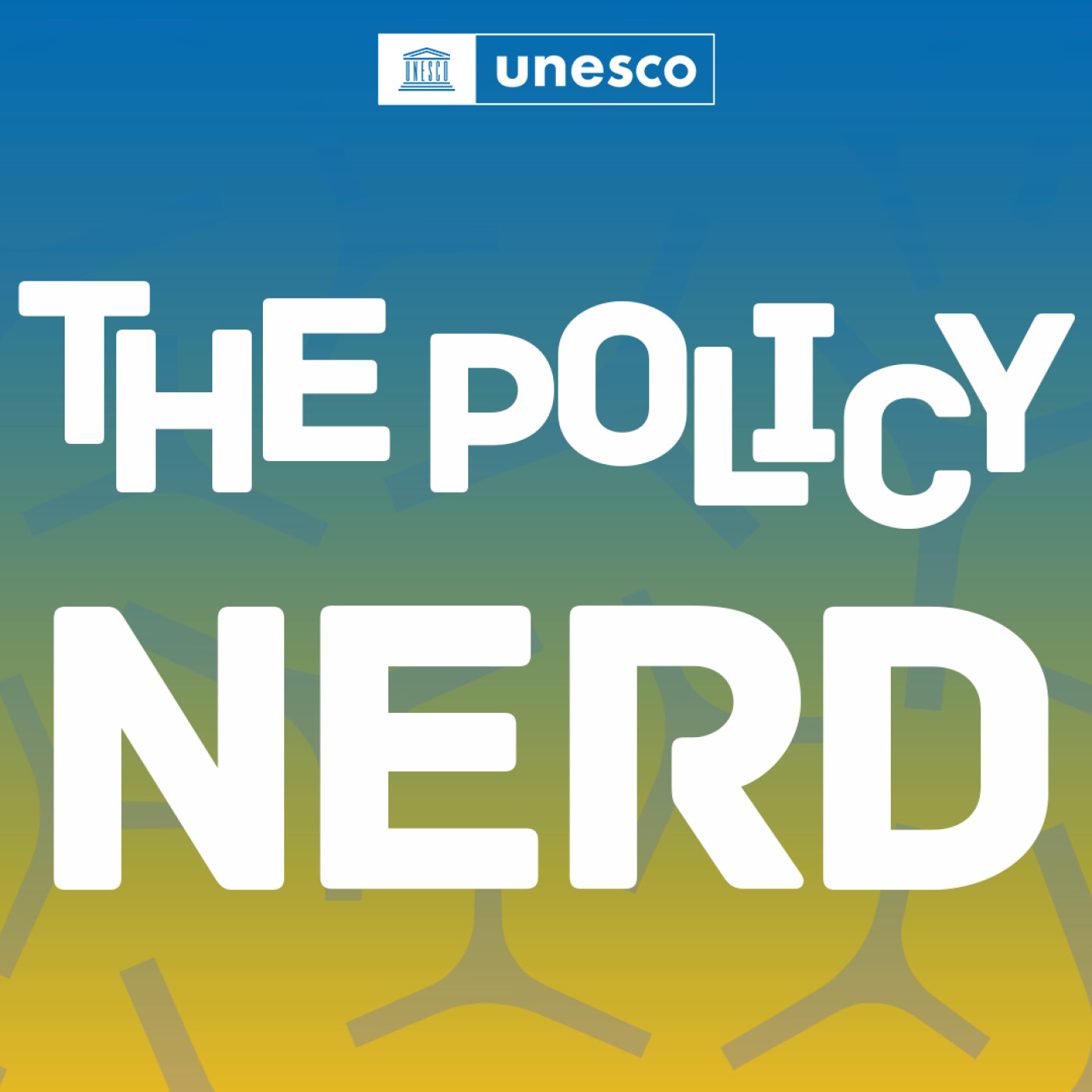There is no refuge in the lab, science needs to reach out
Description
Sudip Parikh, CEO of the American Association for the Advancement of Science and Executive Publisher of the Science journals, talks to us about major trends in science and how they affect us all. He begins by saying that populism and polarisation are taking hold of science. Belonging to a group – be it political, faith-based or any other – becomes more important than the truth and scientific fact. Taking refuge in the laboratory and its rationality is no longer an option. Science needs to tailor its communication to the publics and, importantly, to step up its engagement with policy. That is not a zero-cost shift. Concrete incentives are needed not only to trigger the right reforms in our traditional structures of science and government, but also to counteract current incentives for active disinformation. And, more than ever, social sciences need to help us navigate the trends and understand the experiments run on global populations in real time.
How all this is to be achieved? Find out in his discussion with Gabriela Ramos, UNESCO’s Assistant Director-General for Social and Human Sciences.
Hosted by Ausha. See ausha.co/privacy-policy for more information.
More Episodes
Daron Acemoglu, the newly minted Nobel prize laureate in Economics and distinguished Institute Professor at the Massachusetts Institute of Technology (MIT), debunks for us some long-standing assumptions about technology, productivity, and shared prosperity. Benefits do not automatically tickle...
Published 10/16/24
Published 10/16/24
Mark Esposito, Professor at Hult International Business School and Adjunct Professor of Public Policy at Georgetown University, joins us today to discuss crisis and resilience. He dissects the concrete markers of a resilient system and discusses what helps it withstand (and possibly thrive in)...
Published 02/09/24


